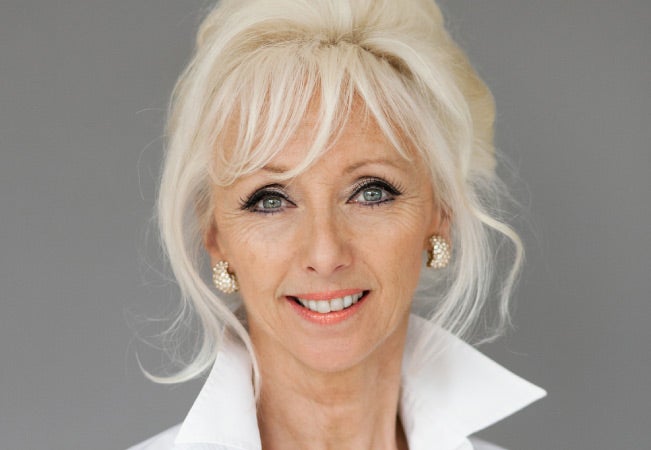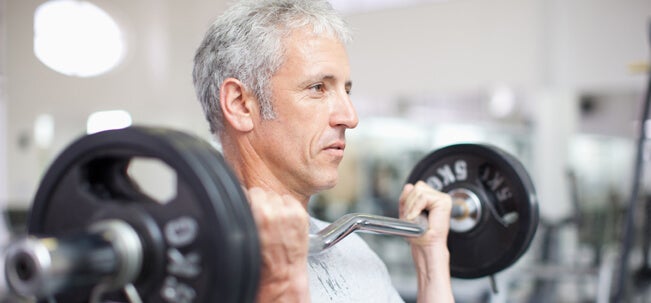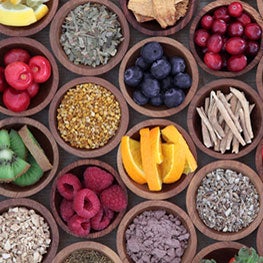The importance of protein as we age
Dec 19, 2018
Protein as we age, how to ensure adequate protein intake
Introduction
We know that staying active is becoming even more important after 50; many of us are taking up new hobbies like cycling or hiking. In addition, you may be making changes to your diet and looking for healthier options. Did you know that both exercise and protein can help to maintain muscle mass to help keep you active? Protein is a key nutrient in everyone’s diet. Here are the key things you need to know about protein and, most importantly, how you can get the right amount in your diet.
Protein as we age
It’s true that protein is a fundamental building block to everyone’s diet. Every cell in the human body needs proteins to repair and produce new cells. This includes our muscles. However, as you age, protein becomes even more important. Not only may you need more of it to support your bones and muscles but you may unknowingly begin to consume less protein due to decreased appetite, changes to smell and taste, and changes in your cooking habits.
How to ensure an adequate protein intake
There are many ways you can ensure you’re equipping your body with the appropriate amount of protein and helping support an active life. In order to maintain muscle mass after 50, experts recommend a protein intake of 1 to1.2 grams per kilo of body weight. But how can you do this? It’s not as difficult as it sounds. For a person of 70kg, this means you would need about 84g of protein a day. Some examples of good protein food choices and suitable portion sizes are as follows:
- 60g-90g cooked meat (beef/pork/ lamb/mince/chicken/turkey). This is the size of a deck of cards
- 140g cooked white fish (cod or plaice) or canned fish. This is the size of the palm of your hand
- 2 eggs
Contrary to popular belief, protein is not only found in animal products such as meat, milk, seafood and eggs. You can also find protein in nuts, seeds, vegetables, and certain grains. Plant protein food sources include:
- quinoa
- beans (kidney beans/butterbeans/black eyed beans)
- pulses (lentils/chickpeas)
- soya/tofu, vegetable-based meat alternatives
- nuts or peanut butter
It is recommended to include protein at every meal and to vary your sources as part of a balanced, varied diet and healthy lifestyle.
Disclaimer
Before making any changes to your diet or supplement routine, consult your doctor, nutritionist or pharmacist.
Additional references:
https://www.bda.uk.com/foodfacts/portionsizesfoodfactsheet.pdf
Protein's role in healthy ageing





